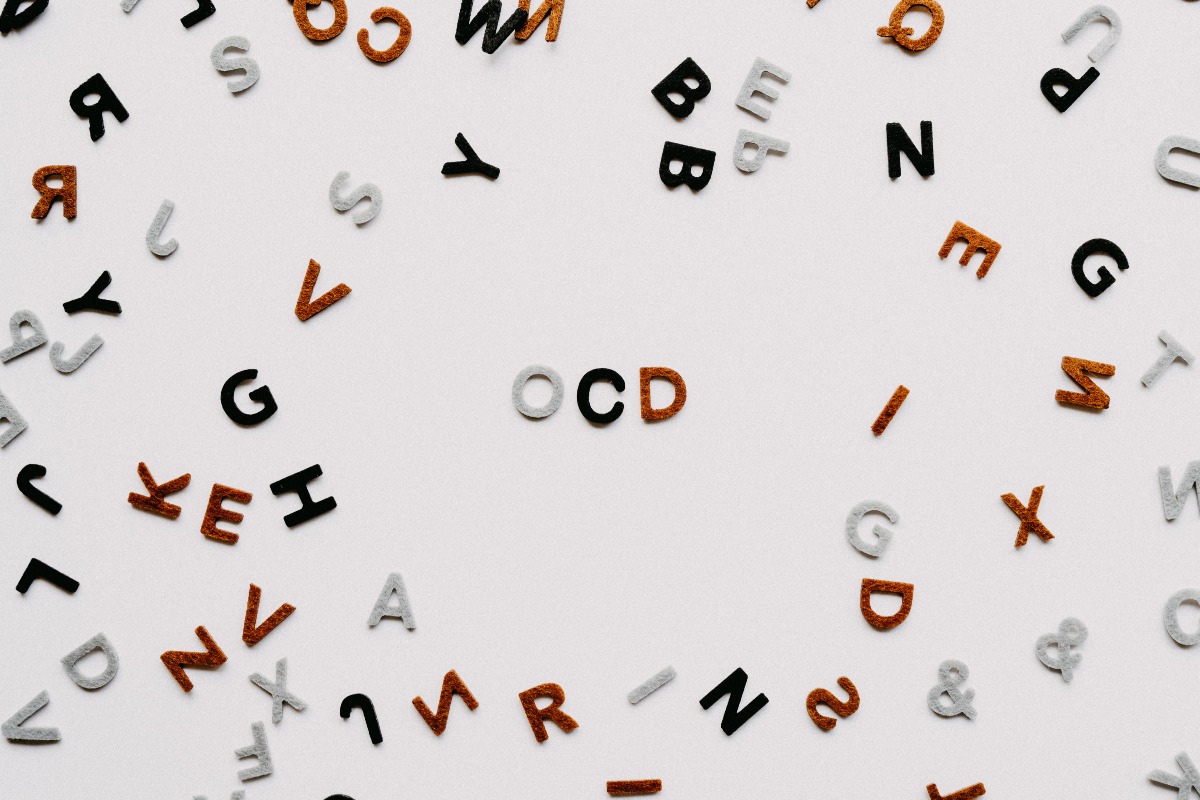
Living with obsessive-compulsive disorder (OCD) can be a challenge. Those who struggle with OCD often find themselves consumed by intrusive thoughts and behaviors, impacting their daily lives and relationships. Fortunately, OCD is a treatable disorder. It is possible to manage symptoms and live a balanced life.
The Guest House offers numerous options for treating and coping with OCD. With the right level of support and treatment, you can learn to manage your OCD better and lead a life free from the constraints of intrusive thoughts and behaviors.
What Is OCD?
OCD is a common anxiety disorder characterized by uncontrollable and irrational thoughts, feelings, and behaviors. While anyone can experience obsessive or compulsive thoughts and feelings, they are most common among individuals with OCD. When left untreated, OCD can significantly impact a person’s quality of life and ability to function. The general symptoms of OCD include intrusive thoughts, obsessive behaviors, compulsions, avoidance, and feeling abnormal.
Cognitive-Behavioral Therapy for OCD
Cognitive-behavioral therapy (CBT) is an evidence-based therapy that helps individuals manage thoughts and emotions and change behaviors that contribute to OCD. CBT is a cyclical approach that includes three phases.
- During the first phase, the therapist will help individuals understand the underlying causes of their OCD and develop skills and strategies to manage symptoms.
- In the second phase, an individual and their therapist will put these skills to practice and monitor progress.
- During the third phase, an individual and their therapist will continue to work on skills. However, they will also focus on troubleshooting, managing obstacles, and relapse prevention strategies.
Exercise and Lifestyle Modifications
Exercise can help manage symptoms of OCD. Many individuals with OCD report that exercise has a calming effect and decreases the intensity of intrusive thoughts and behaviors. A combination of aerobic exercise and mindfulness meditation can be particularly effective for managing OCD.
For example, individuals can use yoga to practice mindfulness and relaxation techniques and use swimming as a form of aerobic exercise. A variety of other lifestyle modifications, such as reducing caffeine intake, getting adequate sleep, and increasing social support, can also improve quality of life and reduce OCD symptoms.
Mindfulness and Meditation
Mindfulness and meditation are techniques that can help reduce stress and anxiety. The most significant thing about mindfulness and meditation is that they can be practiced lying down, sitting, standing, or walking. These tools allow individuals to let go of what’s been bothering them. Mindfulness and meditation are helpful ways to reduce the intensity of negative emotions and thoughts associated with OCD.
Healthy Coping Strategies for OCD After Treatment
It is important to use healthy coping strategies when symptoms flare up to reduce anxiety and stress. Stress can worsen OCD symptoms. This means it is important to find healthy ways to manage stress. This can include taking time off work, meditating, and exercising. Stay connected with friends and family members who provide positive support and feedback. Accept that you can’t control everything, and uncertainty is a normal part of life. With the help and continued practice of techniques learned in professional treatment, OCD doesn’t have to run your life.
Finding the right treatment approach is an important part of managing OCD. Since there is no one-size-fits-all treatment, it is important to find what works best for you. There are a number of options, including therapy, medications, and self-help techniques. If you’re experiencing significant distress, seek help from a mental health professional. The Guest House has numerous therapeutic modalities designed to treat OCD and its symptoms. You don’t have to fight it alone. Call us today at (855) 483-7800 for more information on our program.